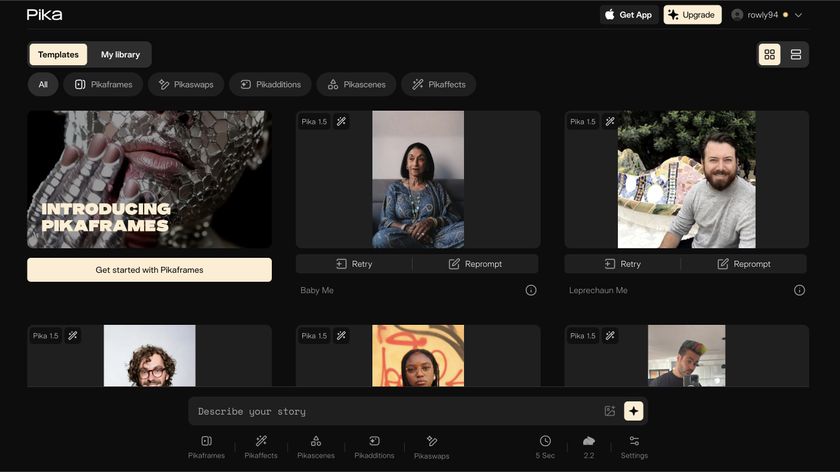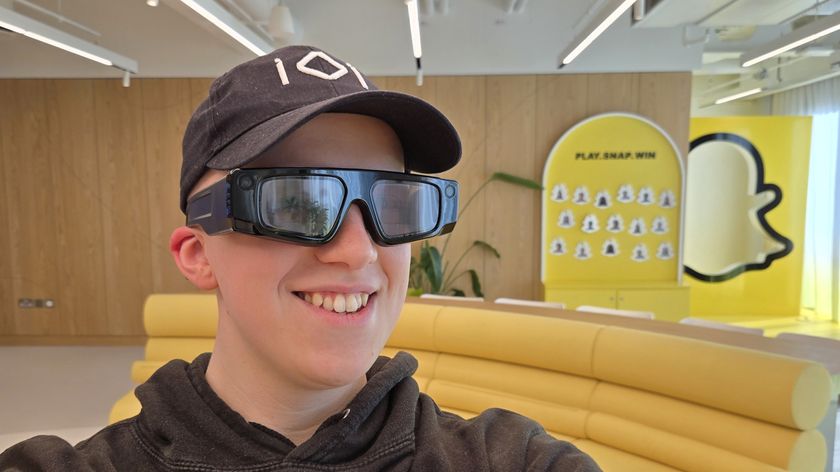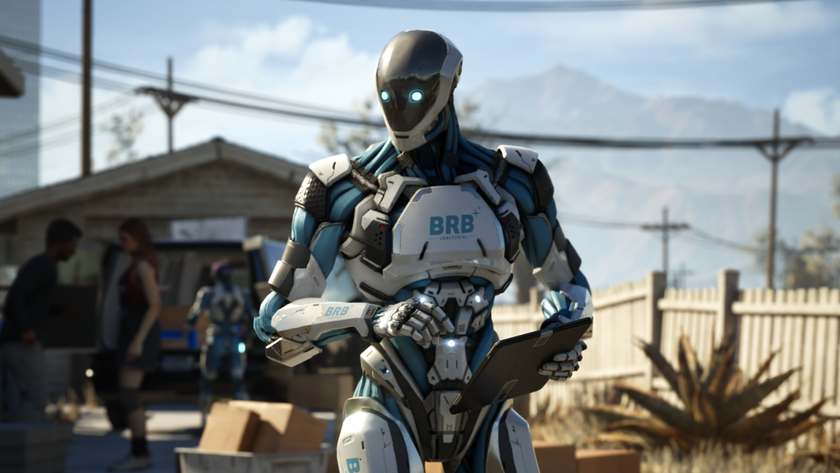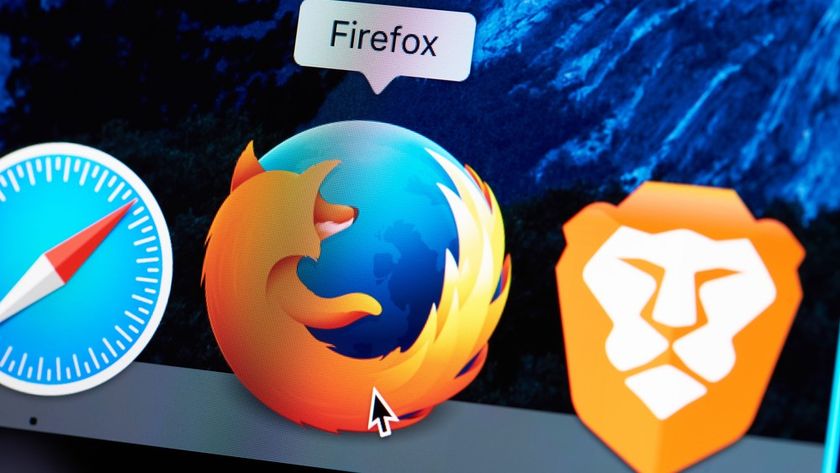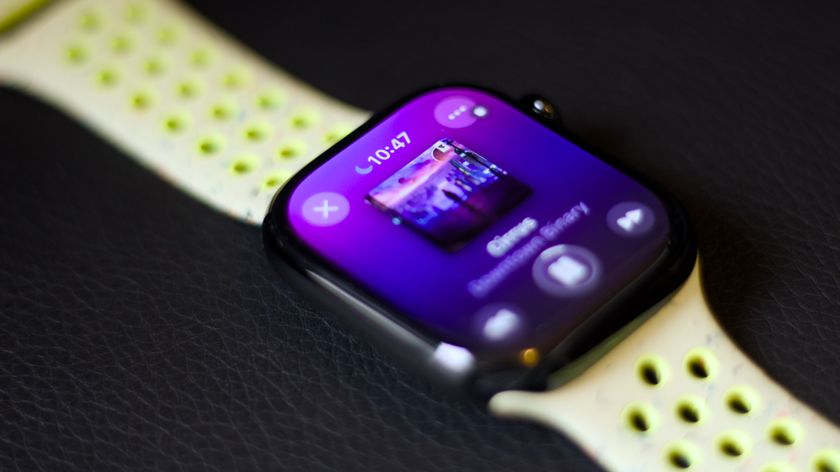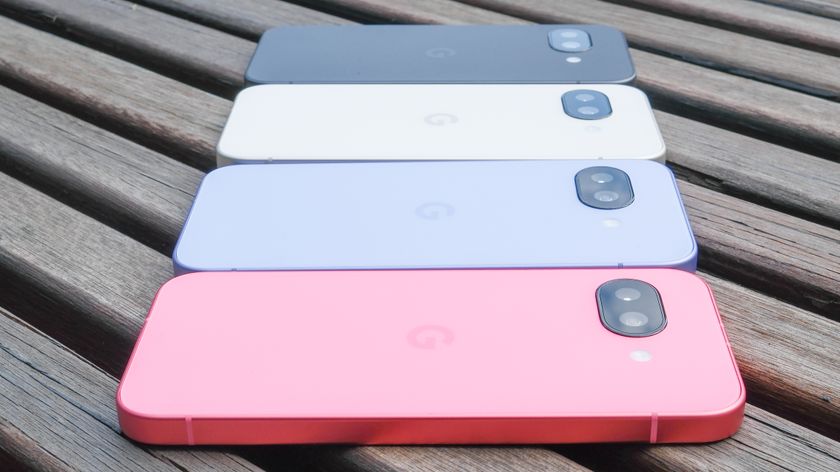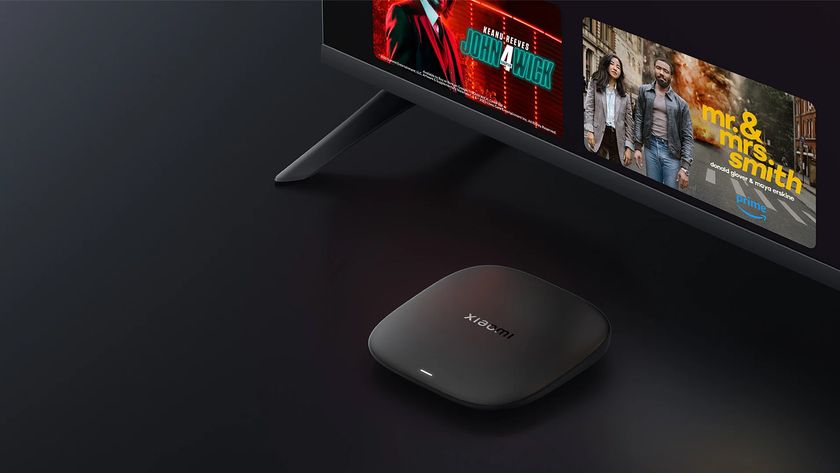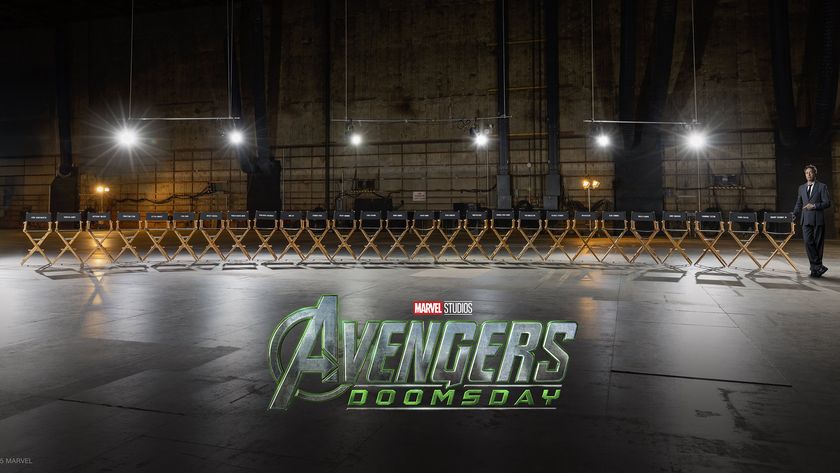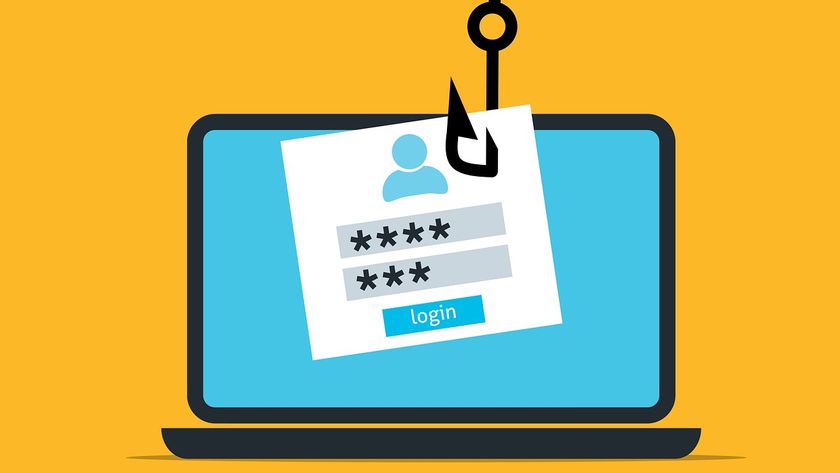Could Chrome OS land Google in court?
Hey, lawyers! It's Christmas!
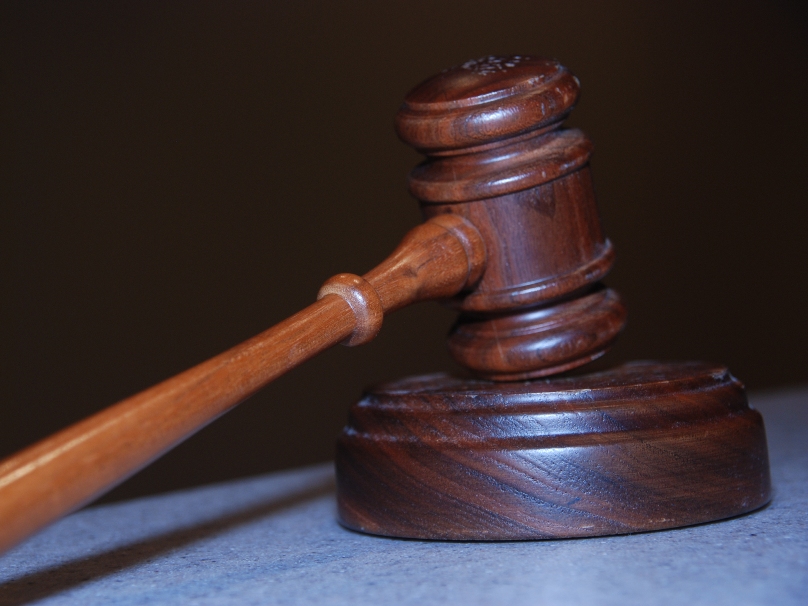
Google's often painted as a villain, a tech juggernaut that rolls over the top of established industries, so it's nice to see it doing a bit of charity work.
Thanks to the Chrome OS, lots of lawyers won't need to sell their Mercs or pull the kids out of private school.
If you thought Microsoft had a bit of trouble with the regulators, Chrome OS could take it to a whole new level.
In June, Microsoft announced that it was being forced to sell Windows 7 without a browser in Europe. The reason? Anti-trust. By giving everybody a browser with their operating system, Microsoft's rivals say, Microsoft is acting in an anti-competitive way.
Maybe it is, but if Chrome OS gets significant market share then Google will have a monopoly Microsoft can only dream about.
Google already owns the internet - it has nearly 100% of the UK's mobile search market, and it's heading towards three-quarters of the global search market - and if Chrome OS gets significant market share, Google will have the browser and the desktop, too. Phones that don't run Android will still have Google Search and Google Maps, so Google will have the mobile market, too.
It won't be the internet: it'll be the Googlenet.
Get daily insight, inspiration and deals in your inbox
Sign up for breaking news, reviews, opinion, top tech deals, and more.
Does anybody think the EU and US competition watchdogs will be fine with that?
Making Chrome OS open source isn't enough. Google will argue - rightly - that hardware firms will be able to customise the OS and install any browser they like, but we know that the manufacturers won't.
It'll argue that anybody can change the default search, but we know that most people won't. It'll argue that Google Docs and Gmail aren't the only online services out there, but we know that most people will stick with the defaults. And so on, and so on, and so on.
What's particularly interesting about all of this is that Google isn't successful because it's evil or underhand: it's successful because it makes Really Good Stuff.
We don't doubt that Chrome OS will follow that tradition and be a Really Good Operating System - but this isn't just about tech. It's about control.
As we said back in March: "For now, Google is an enormous force for good - but as it dominates more and more sectors, the chance of it going off the rails grows too. Google already owns search and mobile search, it's got the lion's share of online ads, it's a huge player in online video, mapping and cloud computing, it's moving into telephony, and if Chrome keeps improving at the current rate it's going to have serious market share in browsers too. That means it's not a case of if Google will start putting its own interests above the wider Internet's interests; it's a case of when."
You can be sure that the regulators - and Google's rivals - are thinking exactly the same thing. Chrome? We'll see you in court.
Writer, broadcaster, musician and kitchen gadget obsessive Carrie Marshall has been writing about tech since 1998, contributing sage advice and odd opinions to all kinds of magazines and websites as well as writing more than a dozen books. Her memoir, Carrie Kills A Man, is on sale now and her next book, about pop music, is out in 2025. She is the singer in Glaswegian rock band Unquiet Mind.

